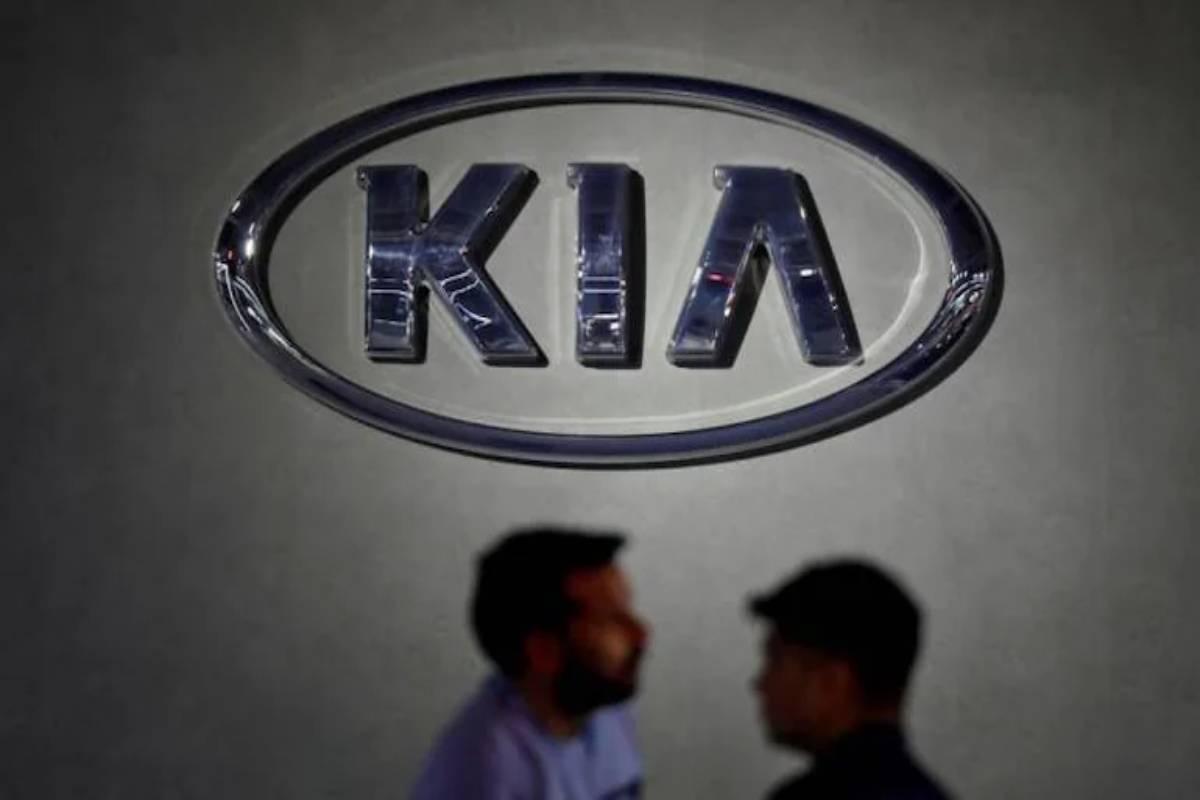Automaker Kia India on Tuesday said it registered sales of 66,553 units In the second quarter this fiscal (July-September period), marking almost 10 per cent growth over the April-June period this year.
For the month of September, the company posted 23,523-unit sales, over 17 per cent growth (year-on-year) compared to 20,022 units sold in the same month last year.
Sonet continued as best-selling model, with 10,335 units sold, followed by the Seltos and Carens, with 6,959 and 6,217 units, respectively, the company said in a statement.
“This success is a testament to the unparalleled customer experience our team consistently delivers. We have also prioritised expanding our touchpoints, ensuring that our best-in-class mobility solutions are accessible to all our customers across the country,” said Hardeep Singh Brar, Senior VP and Head of Sales and Marketing, Kia India.
Meanwhile, Tata Motors registered sales of 2,15,034 vehicles in the domestic and international market in the July-September period (Q2 FY25), compared to 2,43,024 units during Q2 FY24 – a 13 per cent YoY decline.
Total commercial vehicle sales were 84,281 units (down 19 per cent YoY) while passenger vehicle sales stood at 1,30,753 units, (down six per cent) in the quarter.
According to Girish Wagh, Executive Director, Tata Motors, slowdown in infrastructure project execution, reduction in mining activity and an overall drop in fleet utilisation due to heavy rains resulted in the HCV segment record a 25 per cent YoY decline in Q2 FY25 and the ILMCV segment register a 11 per cent decline.
“As we move forward, with the rains easing, increased infrastructure spending, and the arrival of the festive season boosting consumption, we anticipate demand to pick up gradually in Q3,” said Wagh.












